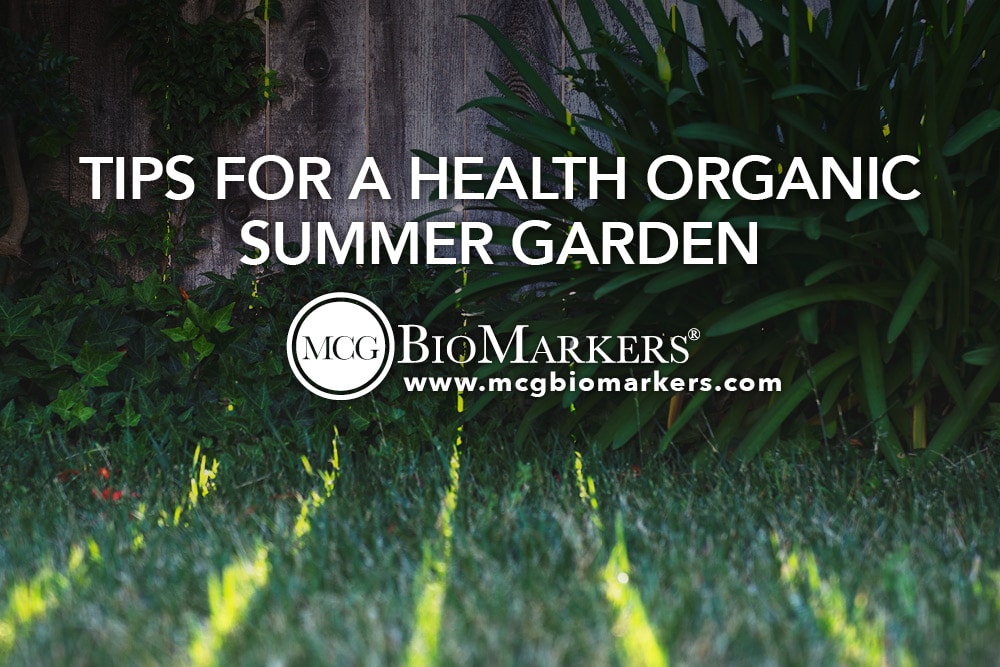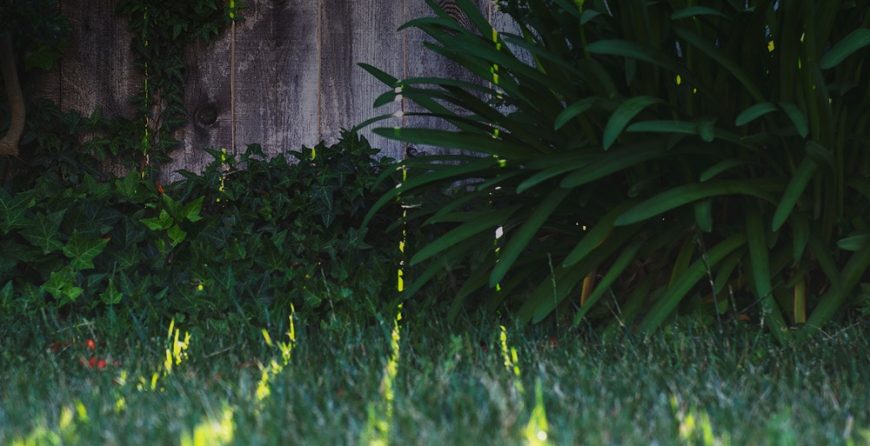 As Iowa begins to enter the warm summer months, it’s important to remember how the warm weather will impact your organic vegetable garden. During the summer, we see plenty of organic vegetables thrive including tomatoes, zucchinis, cucumbers, green beans, eggplant, sweet potatoes, peppers, and herbs.
As Iowa begins to enter the warm summer months, it’s important to remember how the warm weather will impact your organic vegetable garden. During the summer, we see plenty of organic vegetables thrive including tomatoes, zucchinis, cucumbers, green beans, eggplant, sweet potatoes, peppers, and herbs.
Keeping your harvest at their peak is critical in the summer. Here are some things you can do to keep your organic garden in tip-top shape throughout the hotter months.
1. Harvest like crazy
Your vegetables are in the business of reproducing, which means you’re in the business of harvesting. Vegetables spend their entire lives creating more plants for the future. This means that the more you harvest your veggies, the more they will produce. Have you noticed that your cucumber plants only support one large cucumber on a vine? Start picking the big ones and you’ll notice how quickly the smaller ones increase in size.
2. Apply mulch
Putting organic mulch in your garden will keep the moisture from evaporating, which means you won’t have to water as much. Mulch will also moderate the soil temperature so it doesn’t get too hot for your plants to handle. Apply mulch to your garden beds and pots to keep your veggies happy and healthy.
3. Hydration, hydration, hydration
Your veggies will crack when you water them inconsistently. This happens because the plants get used to little water and when they’re deluged, the fruit’s skin can’t expand fast enough, so it cracks. You should also be cautious of overwatering since too much water will leave your veggies mushy and tasteless. If your plants are in the ground, they need a good soaking rain or a good watering each week.
For potted vegetables, water them three times a week during the hottest months. A good trick is to use pots that have a water reservoir at the bottom.
4. Keep fertilizing them
Your vegetables will produce at good rates throughout the summer when you fuel them with good organic compost. Once a month, add gardening minerals to the soil. You can also use worm castings to add other nutrients and organic matter so you have more fruits to harvest.
5. Monitor for pests
Inspect your garden daily for any insects or pests that could be lurking about. If you happen to spot bugs early enough, you can stop an infestation before it gets out of control. Pick bugs off every day to keep them from taking over and use dichotomous earth, which is organic and chemical-free. Be careful when applying it, however since it can kill the good bugs too.
6. Maintain a compost pile
You’re going to want to keep the compost going throughout the summer so you can treat your veggies to a boost every now and then. You also want the compost pile to be ready for your fall and winter plants. Have you ever used an indoor composter? They’re quite helpful, especially if you have space in your garage or shed.


